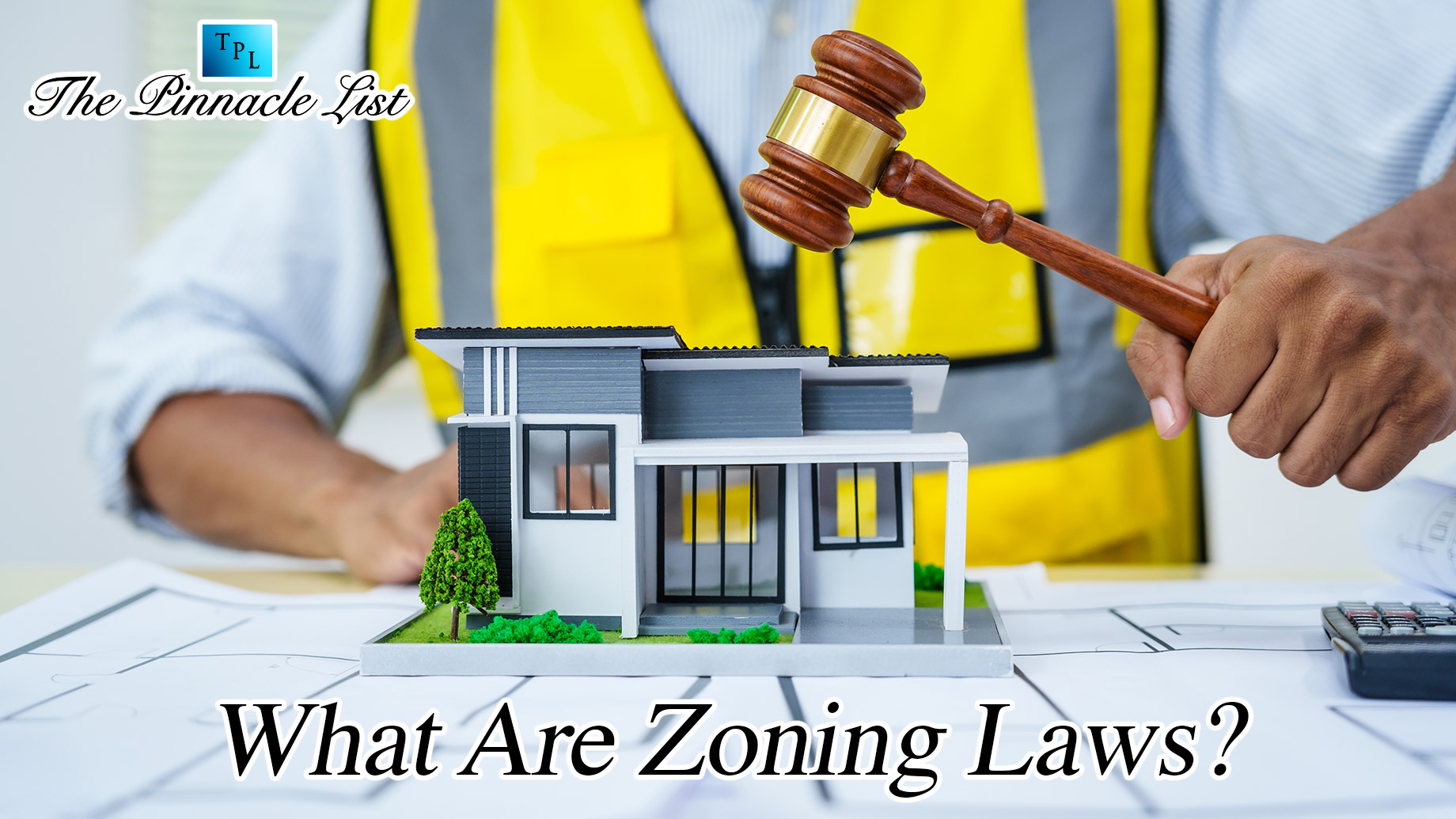
You’ve just moved into a charming new neighborhood. Then, one morning, you wake up to the sound of construction — and discover a towering office building is being erected next door.
Cue the confusion and frustration. How could this happen in your picturesque residential area? The answer is zoning laws.
Zoning laws play a huge role in shaping the neighborhoods we live in, but they’re often misunderstood or overlooked. It’s time to break down what they are, why they exist, and how they impact your property dreams.
Why Do Zoning Laws Matter?
Zoning laws are the rules that govern how land can be used in a specific area. These regulations help cities and towns maintain order, prevent chaotic development, and create a balance between residential, commercial, and industrial spaces.
For example, if you live in a neighborhood filled with single-family homes, zoning laws ensure that you won’t wake up to a noisy factory being built next door. They also guide property owners on what’s allowed, from constructing backyard homes for extra rental income to turning an empty lot into a community garden.
What Do Types of Zoning Mean for Property Owners?
Not all zoning laws are created equal, and the type of zoning your property falls under can significantly impact what you can and can’t do. The most common types include:
Residential Zoning
Residential zoning covers single-family homes, duplexes, apartment buildings, and backyard homes. If you’ve been eyeing unused space behind your house, residential zoning might determine if you can add a guesthouse or tiny home.
Commercial Zoning
Commercial zoning is reserved for businesses like shops, offices, and restaurants. If you’re dreaming of opening a coffee shop, you’ll need to set up here.
Industrial Zoning
This type of zoning is used for factories, warehouses, and other heavy-duty operations.
Mixed-Use Zoning
Mixed-use zoning applies to structures that combine residential and commercial uses. This type of development is often seen in urban areas, with apartments above retail spaces.
Zoning classifications dictate what you can build and details like building height, parking requirements, and distance from property lines. If you’re a property owner, knowing your zoning designation is essential to planning any project, big or small.
How Does Zoning Work?
Navigating zoning laws often feels like solving a riddle, but it’s manageable with a little patience. Most straightforward projects require a permit, which confirms your plans comply with local zoning regulations.
If your dream project doesn’t fit zoning rules, a variance allows you to bend the rules slightly, like building closer to the property line than normally allowed. Conversely, conditional use permits grant permission for activities that aren’t typically allowed but can coexist with existing uses, such as running a small daycare from your home.
Communities can also petition to rezone areas, adjusting the regulations to fit new needs. This long process demonstrates how zoning laws evolve alongside neighborhoods.
Do People Support Zoning Laws?
Zoning laws are not without controversy. On one hand, these regulations provide structure, ensuring neighborhoods maintain a cohesive look and feel. They protect property values, promote safety, and even help preserve green spaces by limiting overdevelopment.
However, critics argue that zoning laws can stifle creativity and innovation. For example, strict residential zoning often makes it harder to address housing shortages by preventing the construction of backyard homes or duplexes in areas dominated by single-family houses. Additionally, zoning restrictions can inadvertently drive up housing costs, limit diversity, and make it harder for communities to adapt to changing needs.
The debate over zoning laws often heats up around issues like affordable housing or sustainable urban development. While some see zoning as a necessary tool for order, others view it as a barrier to progress.
How Can You Navigate Zoning Laws Like a Pro?
Start by researching your local zoning codes, which are often available online or through your city’s planning department. These codes will tell you what’s allowed on your property and what restrictions apply.
If you’re planning a project, consider consulting with professionals like architects, contractors, or real estate agents who are familiar with local zoning regulations. They can help you understand what’s feasible and guide you through the permitting process. It’s also worth reaching out to your city’s planning office for advice — they’re there to help and can clarify any confusing rules.
Zoning laws aren’t set in stone. If your vision doesn’t fit within current regulations, you can explore options like applying for a variance or joining community efforts to advocate for rezoning. With a little persistence, you can bring your property goals to life while staying on the right side of the law.
Zoning Laws Shape Your Communities
Zoning laws might not be the most glamorous topic, but their impact on our daily lives is undeniable. These rules shape the neighborhoods we call home, influence what we can build, and play a role in fostering — or hindering — community growth.
The next time you see a construction project or dream up one of your own, take a moment to appreciate the role zoning laws play. Like it or not, they’re the foundation of the communities you love and the spaces you call home.